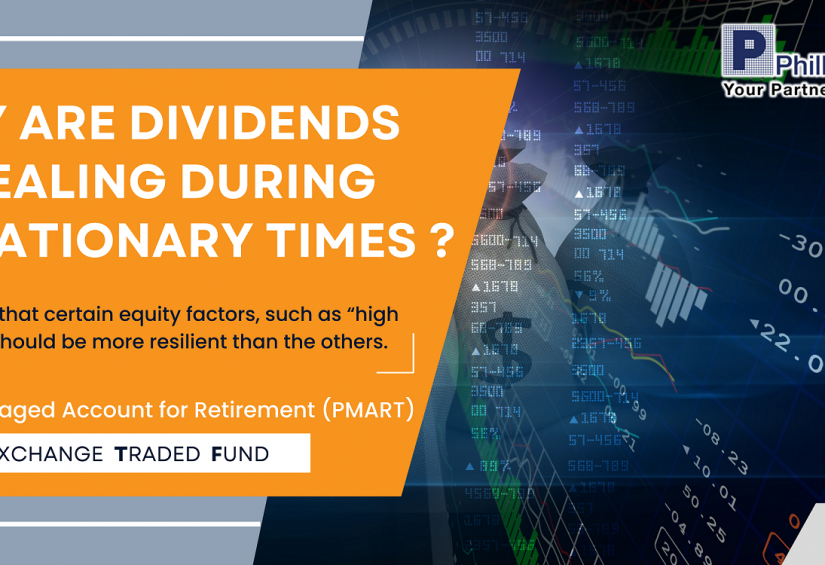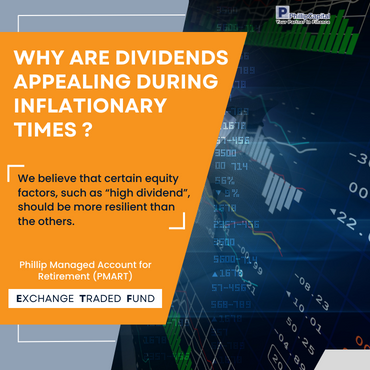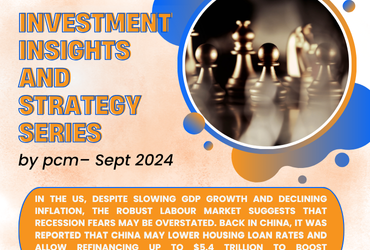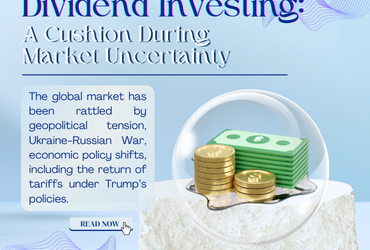
The likelihood of recession has increased in various regions, notably the developed markets (DM), as a result of higher inflation, soaring energy prices, and rising interest rates. Central bank policies are currently at different points of the compass. The US Federal Reserve and European Central Bank have over the past year radically shifted their tone in response to the unprecedented rise in prices, becoming more hawkish and declaring their intention to battle inflation even at the expense of a recession. China, however, headed in the opposite way as compared to its western counterparts in the monetary-fiscal compass, fighting not against inflation but deflation in its economy and pursuing looser financial conditions instead of tightening.
While there are some signs of modest moderation in underlying inflationary pressures in the major economies, inflation remains significantly well above target and should stay “higher for longer”. Higher inflation raises the cost of funds, putting pressure on equities. While periods of inflation can be challenging for equity markets and income-seeking investors, we believe that certain equity factors, such as “high dividend”, should be more resilient than the others.
We observe companies that pay out dividends typically experience inelastic demand for their products and services, providing them a significantly higher degree of pricing power—important in an era of rising inflation. As a result, they can more readily pass on increased prices when inflation rises, and they can at least maintain their selling prices during a recession without negatively impacting the demand for their products and services. Cash flows are more resilient during inflationary periods.
On the domestic front, while FBM KLCI Index has been flat over the past ten years, dividends have given investors downside protection.

As we have highlighted in our previous article, we believe that sectors such as banks, selected reopening sectors (i.e., consumer and healthcare) and utilities are relatively defensive, and that some high-quality companies with good dividend prospects are now appealing.
For income-focused investors, you can gain exposure to receiving dividends in three primary ways:
- Individual dividend-paying stocks, nevertheless, investors are recommended to diversify their portfolios rather than focusing on a single industry or business. Do not put all of your eggs in one basket, always.
- Exchange traded funds (ETF) and index funds. Passive funds offer exposure to dividend stocks with low costs.
- Actively managed funds, overseen by qualified fund managers who may be able to spot businesses that are more likely to raise their dividend distributions overall and frequency while avoiding those that are more likely to reduce them.
Phillip Capital Malaysia offers a comprehensive suite of financial services including stockbroking, fund management, unit trusts, financial planning, financial advisory, and investment advice. We offer Phillip Managed Account for Retirement (PMART) ETF which invests in a wide range of ETFs from several asset classes, including gold, bonds, and stocks. We offer both Moderate and Aggressive mandates that cater to different investors’ level of risk appetite.

Source: PCM

Source: PCM
Separately, investors looking for an actively managed dividend fund may want to have a look at Phillip Managed Account for Retirement (PMART) and Phillip Managed Account (PMA) Dividend Enhanced which was discussed in our article last week.
Please click on the link to learn more or email us at cse.my@phillipcapital.com.my if you require any further information.
Disclaimer:
The information contained herein does not constitute an offer, invitation or solicitation to invest in Phillip Capital Management Sdn Bhd (“PCM”). This article has been reviewed and endorsed by the Executive Director (ED) of PCM. This article has not been reviewed by The Securities Commission Malaysia (SC). No part of this document may be circulated or reproduced without prior permission of PCM. This is not a collective investment scheme / unit trust fund. Any investment product or service offered by PCM is not obligations of, deposits in or guaranteed by PCM. Past performance is not necessarily indicative of future returns. Investments are subject to investment risks, including the possible loss of the principal amount invested. Investors should note that the value of the investment may rise as well as decline. If investors are in any doubt about any feature or nature of the investment, they should consult PCM to obtain further information including on the fees and charges involved before investing or seek other professional advice for their specific investment needs or financial situations. Whilst we have taken all reasonable care to ensure that the information contained in this publication is accurate, it does not guarantee the accuracy or completeness of this publication. Any information, opinion and views contained herein are subject to change without notice. We have not given any consideration to and have not made any investigation on your investment objectives, financial situation or your particular needs. Accordingly, no warranty whatsoever is given and no liability whatsoever is accepted for any loss arising whether directly or indirectly as a result of any persons acting on such information and advice.








